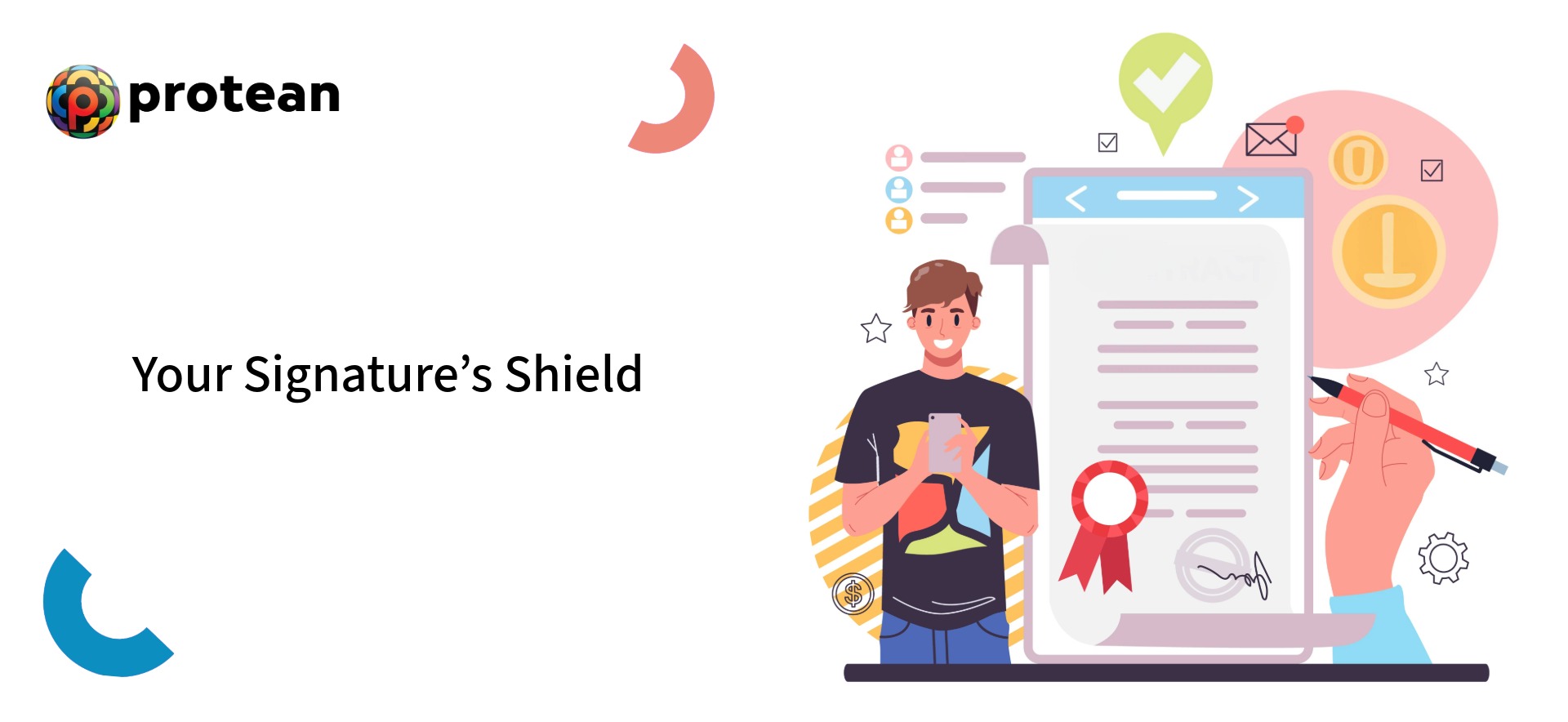When you e sign documents, which e signature provider do you use?
A e signature or digital signature can help businesses accelerate their operations by moving workflows online. This is the transition where businesses are moving away from paper. It is streamlining everything from client contracts to internal HR onboarding.
However, not all e signature platforms can offer the same level of security. Therefore, it is essential to choose a provider that can ensure you legal standing, data security, and client trust.
Here are the main security standards that your e signature provider must meet to ensure your digital signature is both valid and secure.
The Non-Negotiable Pillars of Legal and Digital Integrity
A combination of technology and compliance is the founding stone on which the legal validity of an electronic signature depends. A provider's platform needs to adhere to established legal frameworks. Globally, regulations like eIDAS in the European Union and the ESIGN Act in the United States have set the stage. In India, the Information Technology Act, 2000, along with its related rules, provides the legal framework and recognition for electronic signatures.
One of the most secure forms of electronic signatures is the digital signature. This is a specific type of e signature and it uses Public Key Infrastructure (PKI). PKI is a cryptographic system that binds a signer’s identity to a unique digital certificate, which a trusted Certificate Authority (CA) issues. With this process, the digital signature providers can ensure three security points.
- Signer authenticity (the person is who they claim to be)
- Data integrity (the document was not altered after signing)
- Non-repudiation (the signer cannot deny their action)
Signer authentication is essential through mediums such as Multi-Factor Authentication (MFA) via SMS or email OTP. For high-assurance transactions, methods like Aadhaar-based e-KYC can provide a powerful and legally recognised layer of identity verification.
Data Protection and System Integrity
Beyond the signature itself, businesses need to scrutinise the provider's own infrastructure and data-handling policies. Essentially, the digital signature provider can become a custodian of your most sensitive agreements.
Therefore, businesses can first look for internationally recognised system certifications.
- An ISO 27001 certification can confirm the provider has a formal Information Security Management System (ISMS) to manage and protect data.
- Furthermore, a SOC 2 Type II report provides an auditor's opinion on the operational effectiveness of the provider's security, confidentiality, and privacy controls over time.
A secure digital signature platform also needs to guarantee document integrity through technical seals.
- Once a document is signed, it should be cryptographically sealed.
- Any subsequent attempt to alter the document, thereafter, even by a single character, must immediately invalidate the digital signature. This can make tampering obvious.
- This is supported by a complete, unchangeable audit trail. This log must capture every event in the document's lifecycle, from creation and viewing to the final signature, including timestamps and IP addresses.
- Lastly, the provider must use strong encryption, such as AES-256, for documents "at rest" (in storage) and SSL/TLS for data "in transit" (moving over the internet).
Platforms like eSignPro by Protean eGov Technologies Ltd offer comprehensive and verifiable audit trails for every transaction.

Conclusion
Selecting an e-signature provider is not a simple software purchase. It is a critical security and compliance decision. Businesses need to choose features that can go beyond a simple "draw-to-sign" box. A truly secure solution is efficient in providing a layered defense and combining legal compliance.
A secure digital signature platform can act as the foundation of digital trust. A provider, such as eSignPro, that is built on these security-first principles protects your assets, can ensure legal enforceability, and maintain the confidence of your clients.
Frequently Asked Questions (FAQs)
What is the difference between an electronic signature and a digital signature?
An electronic signature is a broad legal concept representing a person's intent to sign a document. However, a digital signature is a specific, highly secure type of electronic signature that uses certificate-based PKI encryption to verify the signer's identity and lock the document's content.
Are Aadhaar-based signatures legally valid?
Yes, in India, electronic signatures that use Aadhaar-based e-KYC for authentication are legally valid and hold the same status as a handwritten signature for most documents, as per the Information Technology Act, 2000.
What does ISO 27001 certification mean for a provider?
The certification confirms that the provider has an internationally recognised, audited system for managing information security. This system can cover risk assessment, security controls, and continuous improvement to protect all company and client data.
How do I know if a signed document was tampered with?
A document signed with a valid digital signature will show a confirmation banner in most PDF readers (like Adobe Acrobat). If the document was altered after signing, the reader will display a prominent warning that the signature is invalid and the document's integrity is compromised.

